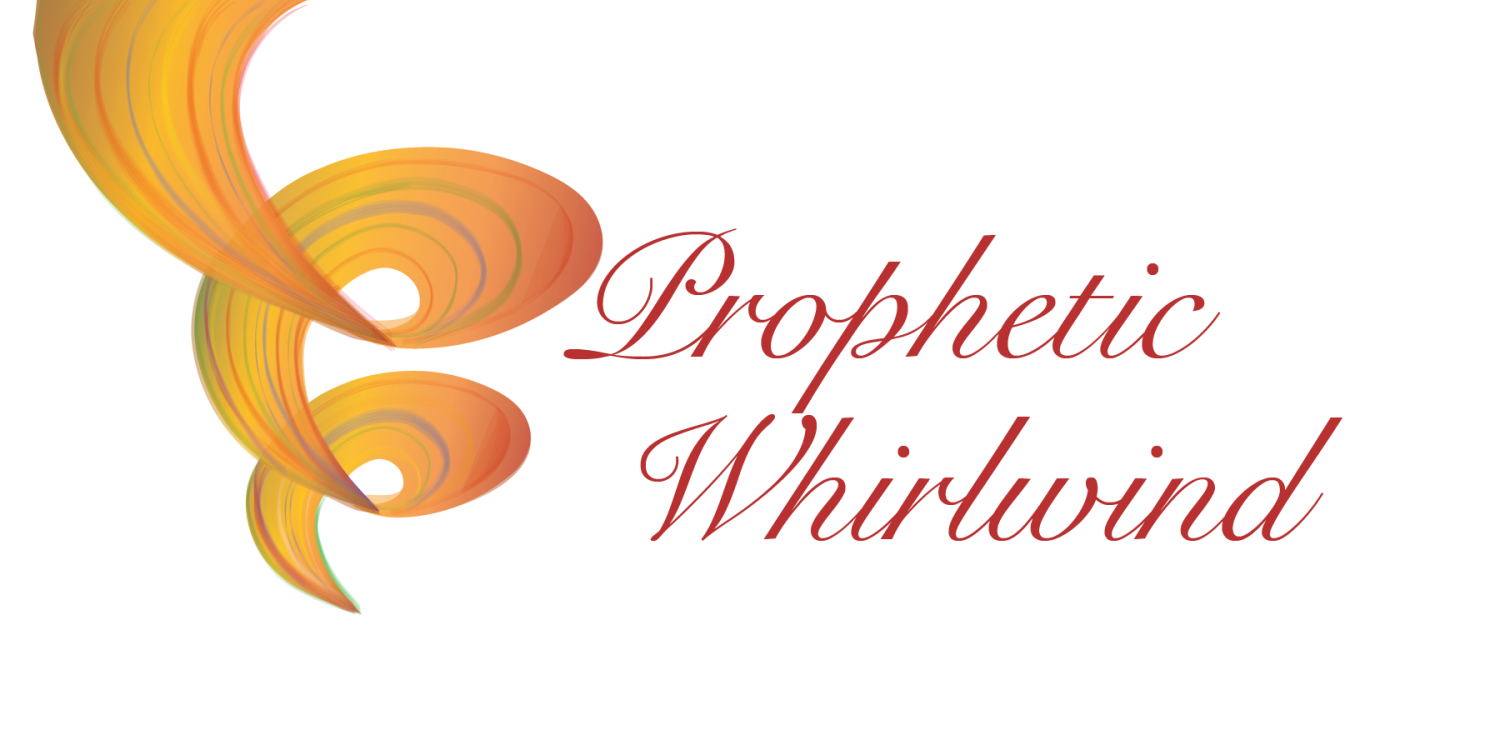𝐏𝐨𝐫𝐭𝐢𝐨𝐧 𝐓𝐢𝐭𝐥𝐞: Ki Tetze

𝐏𝐨𝐫𝐭𝐢𝐨𝐧 𝐓𝐢𝐭𝐥𝐞: Ki Tetze When you go forth (כִּי־תֵצֵא — Hebrew for “when you go,” the first words in the parashah) is the 49th weekly Torah portion (פָּרָשָׁה, parashah) in the annual cycle of Torah reading and the sixth in the Book of Deuteronomy. It comprises Deuteronomy 21:10–25:19. The parashah sets out a series of miscellaneous laws, mostly governing civil and domestic life, including ordinances regarding a beautiful captive of war, inheritance among the sons of two wives, a wayward son, the corpse of an executed person, found property, coming upon another in distress, rooftop safety, prohibited mixtures, sexual offenses, membership in the congregation, camp hygiene, runaway slaves, prostitution, usury, vows, gleaning, kidnapping, repossession, prompt payment of wages, vicarious liability, flogging, treatment of domestic animals, levirate marriage (יִבּוּם, yibbum), weights and measures, and wiping out the memory of Amalek.
Deuteronomy 21:10-25:19
In this week’s Torah portion we read: ”cursed is the man who hangs on the tree.” Professor Dr. James Henry Harris author of Black Suffering: Silent Pain, Hidden Hope stated that “Blacks are the closest to Jesus because we have been hung on the tree.” Dr. James Cone in his book The Cross and The Lynching Tree also proves the connection between Lynching of Black bodies and cruxifixctions. We must realize that the cruxifixction was a lynching and we must recognize the story of Blackness in the scriptures.
𝐑𝐞𝐬𝐨𝐮𝐫𝐜𝐞: Lynching in America https://eji.org/reports/lynching-in-america
𝐐𝐮𝐞𝐬𝐭𝐢𝐨𝐧: In light of this week’s Torah portion who has been lynched at the highest rates in America and what does this teach us about scripture?
𝐋𝐞𝐭’𝐬 𝐫𝐞𝐚𝐝 𝐭𝐡𝐢𝐬 𝐰𝐞𝐞𝐤’𝐬 𝐓𝐨𝐫𝐚𝐡 𝐩𝐨𝐫𝐭𝐢𝐨𝐧!

